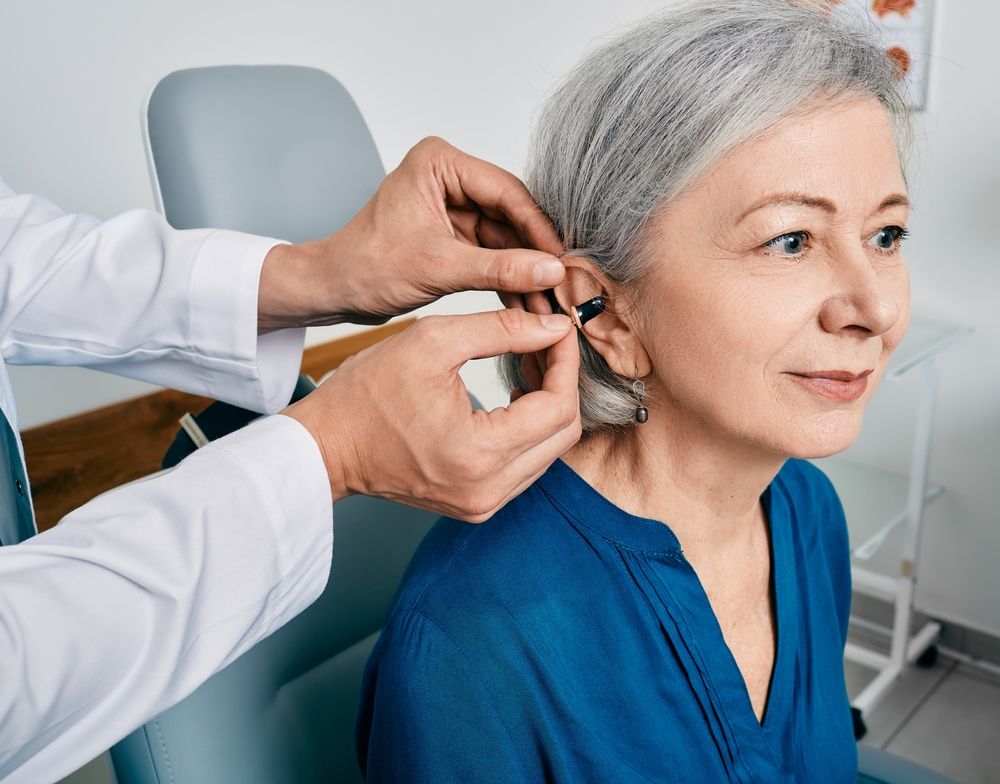
Investing in your first pair of hearing aids can be a mix of expectancy and uncertainty. Taking the initiative to improve your hearing can have a profound effect, enabling you to engage more fully in discussions, reinforce connections with friends and family, and restore a deeper connection to the sounds that enhance your daily life. With any unknown circumstance, it’s normal to have concerns, particularly concerning the comfort of wearing hearing aids and the time required to get used to them.
New users frequently have concerns about the experience. Will the hearing aid be cumbersome or uncomfortable to use? Will ordinary noises be overwhelming at first? How long will it take to adapt to normal sounds? These concerns are common, but with the right guidance and a little patience, most people discover that hearing aids become a comfortable and natural part of daily life.
As you get through this adjustment, it’s essential to understand what lies ahead and take practical steps to decrease any disruption, ensuring a seamless integration into your new situation.
What to expect during the preliminary adjustment period
So, are hearing aids uncomfortable? Initially, they can feel a little bit peculiar, particularly if you’ve never put anything in your ears on a regular basis. Just like using a new pair of glasses or getting used to a watch, it takes time for your brain and body to adjust.
You will notice the most substantial changes in two primary areas in the initial weeks of using the product.
Bodily feeling
You may experience a feeling of discomfort or strangeness in your ear initially. This is entirely normal. Many hearing specialists recommend easing into use, starting with a few hours a day and gradually increasing the duration.
Some slight inconvenience is okay, but pain is not okay. If you experience soreness or pain from your devices, reach out to your hearing care specialist without delay. They can adjust the fit or try a different style better suited to your ear shape.
Sound perception
One of the most unexpected parts of the adjustment process is hearing daily sounds that you may not have noticed before.
Initially, every day sounds like the fridge’s gentle thrum, chirping birds, or the creak of your own footsteps can seem abnormally loud. This is because your brain is learning to deal with a wider range of sounds again.
While it might seem like a lot to deal with, your brain will gradually adjust to disregard unimportant sounds in the background and concentrate on important things such as voices and music. Your auditory system is essentially redressing and adjusting to new sounds.
Recommendations for increasing the comfort and effectiveness of hearing aids
Luckily, there are multiple tactics available to assist in making you feel at ease and self-assured as you acclimate to your new hearing devices.
1. Start gradually
You don’t need to feel obliged to wear your hearing aids all day immediately. Start with committing one to four hours daily, especially in peaceful settings like your residence.
Slowly build up as you become more comfortable with the feel and sound of the hearing aids.
2. Practice makes perfect
To help your brain adapt, use your hearing aids while engaging in stimulating activities. Listening to audiobooks while following along or watching movies with subtitles can help strengthen speech recognition and boost your listening skills in a fun and engaging way.
3. Keep communicating with your audiologist.
Fit and performance go hand-in-hand. If something doesn’t feel right, whether it’s how the device fits in your ear or how the sound is being processed, don’t wait. Your audiologist can calibrate your hearing aids and offer recommendations for enhanced benefits. A personalized hearing aid tailored to your specific ear shape and needs could be the most suitable choice in certain scenarios.
Exploring a new world of sound
It’s completely normal to go through a short adaptation period with your hearing aids. Through routine usage, diligent upkeep, and assistance from your audiologist, these devices will quickly become an integral part of your daily life.
Instead of paying attention to the gadget, you will redirect your focus towards the pleasure of improved conversations, natural sounds, music, and routine social exchanges.
The key is patience, practice, and remaining proactive about your comfort. Before long, your hearing aids will not only improve how you hear, but also how you live.